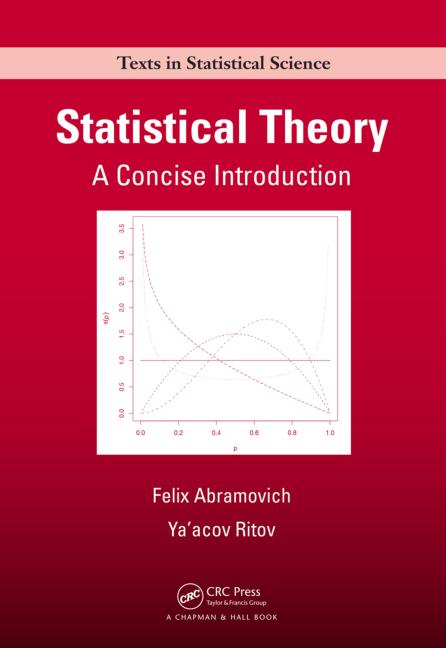The false confidence theorem establishes that, for any data-driven, precise-probabilistic method for uncertainty quantification, there exists (non-trivial) false hypotheses to which the method tends to assign high confidence. This raises concerns about the reliability of these widely-used methods, and shines new light on the consonant belief function-based methods that are provably immune to false confidence. But an existence result alone is insufficient. Towards a partial answer to the title question, I show that, roughly, complements of convex hypotheses are afflicted by false confidence.
翻译:暂无翻译
相关内容
专知会员服务
34+阅读 · 2020年1月15日
专知会员服务
34+阅读 · 2019年10月18日
专知会员服务
36+阅读 · 2019年10月17日
Arxiv
11+阅读 · 2019年9月8日



